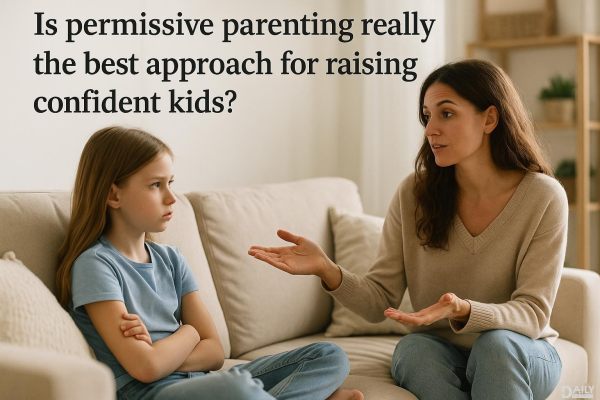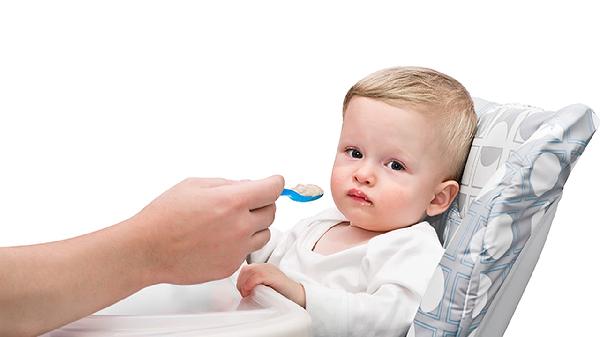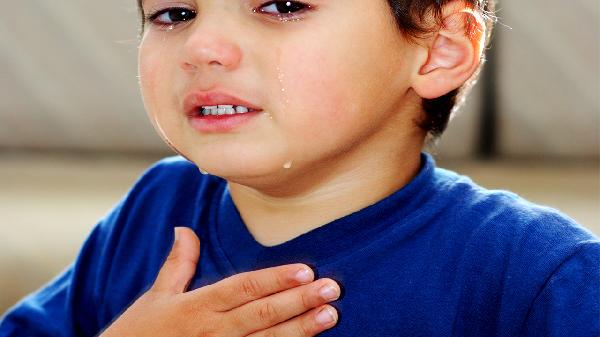As parents, we all want the best for our kids—academic success, athletic prowess, and a fulfilling career path. But in our well-intentioned hustle to give them every advantage, we might be trading their childhood for a color-coded Google Calendar. Between soccer practice, piano lessons, and Mandarin tutoring, our kids’ schedules are starting to resemble a CEO’s itinerary. Sure, extracurriculars build skills and friendships, but at what cost? The answer isn’t black and white, but one thing’s clear: overscheduling isn’t just exhausting—it’s robbing kids of the downtime they need to grow into resilient, creative humans.
The Hidden Toll of the Overbooked Childhood
Picture this: It’s 6:30 PM on a Tuesday. Your third grader just finished swim team, scarfed down a granola bar in the car, and is now scribbling math homework while you speed toward ballet. Sound familiar? We’ve normalized this chaos, assuming more activities equal more opportunities. But research tells a different story. A University of Colorado study found that kids with less structured time scored higher on tests measuring executive function—the mental skills needed to plan, focus, and regulate emotions. Translation? Unstructured play isn’t just fun; it’s brain fuel. Yet between school and extracurriculars, the average American child gets less than 30 minutes of free play daily. That’s less recess time than a 1950s prison inmate (seriously—Alcatraz prisoners got 45 minutes).
When “Busy” Becomes a Badge of Honor
Somewhere along the way, parenting became an Olympic sport where the gold medal goes to whoever logs the most carpool miles. We brag about our kids’ packed schedules like it’s a measure of their potential. But here’s the irony: Stanford researchers found that overscheduled high schoolers actually perform worse academically than peers with balanced routines. Why? Chronic stress from rushing triggers cortisol spikes that impair memory and focus. And it’s not just grades at stake—kids in constant “go mode” miss out on mastering life’s soft skills. Ever notice how the best problem-solvers are often the kids who spent afternoons building forts, not shuttling between tutors? There’s science behind that. Open-ended play teaches negotiation, risk assessment, and adaptability in ways structured activities can’t replicate.
The Art of Strategic Quitting
Here’s where it gets tricky: Not all extracurriculars are created equal. The key is auditing your kid’s commitments like a CFO reviewing a budget. Start by categorizing activities into three buckets: non-negotiables (like math tutoring if they’re struggling), passion projects (the ballet class they live for), and filler (the chess club they joined because their best friend did). Then, apply the “Two-Week Test.” If your child wouldn’t miss an activity after a two-week break, it’s probably filler. One mom I know implemented “Activity Free Fridays”—no scheduled events after school. Within weeks, her kids started inventing their own science experiments and putting on puppet shows. Turns out, boredom is the birthplace of brilliance.
Rebalancing the Scales
So how do we fix this without swinging the pendulum to total free-range parenting? Try the 1:1:1 rule: For every hour of structured activity, kids get one hour of unstructured play and one hour of family connection (think board games or cooking together). Tech doesn’t count—this is about human interaction. Also, consider seasonal scheduling. Maybe soccer consumes fall, but winter is for lazy Saturdays and museum visits. And don’t underestimate the power of saying “next season.” When my daughter begged to join travel volleyball, we agreed she could try out—in six months. By then, she’d lost interest (saving us $2,000 and countless weekends). Delayed gratification isn’t just for marshmallow tests.
The Permission Slip Every Kid Needs
At the end of the day, childhood isn’t a resume-building exercise. It’s okay—necessary, even—to let kids stare at clouds, have a lemonade stand that loses money, or spend an entire Saturday in pajamas. These “unproductive” moments are where resilience and creativity take root. So here’s your official permission slip: It’s not just okay to scale back—it’s one of the best gifts you can give your kids. After all, the most successful adults aren’t necessarily the ones who took the most classes as kids. They’re the ones who learned how to think, adapt, and, most importantly, breathe.
Dr. Stephanie Liu’s approach—grounded in evidence but delivered with relatable warmth—reminds us that parenting isn’t about perfection. It’s about presence. And sometimes, being present means clearing the calendar so your kid can finally build that epic living room blanket fort. Marshmallows optional.
























